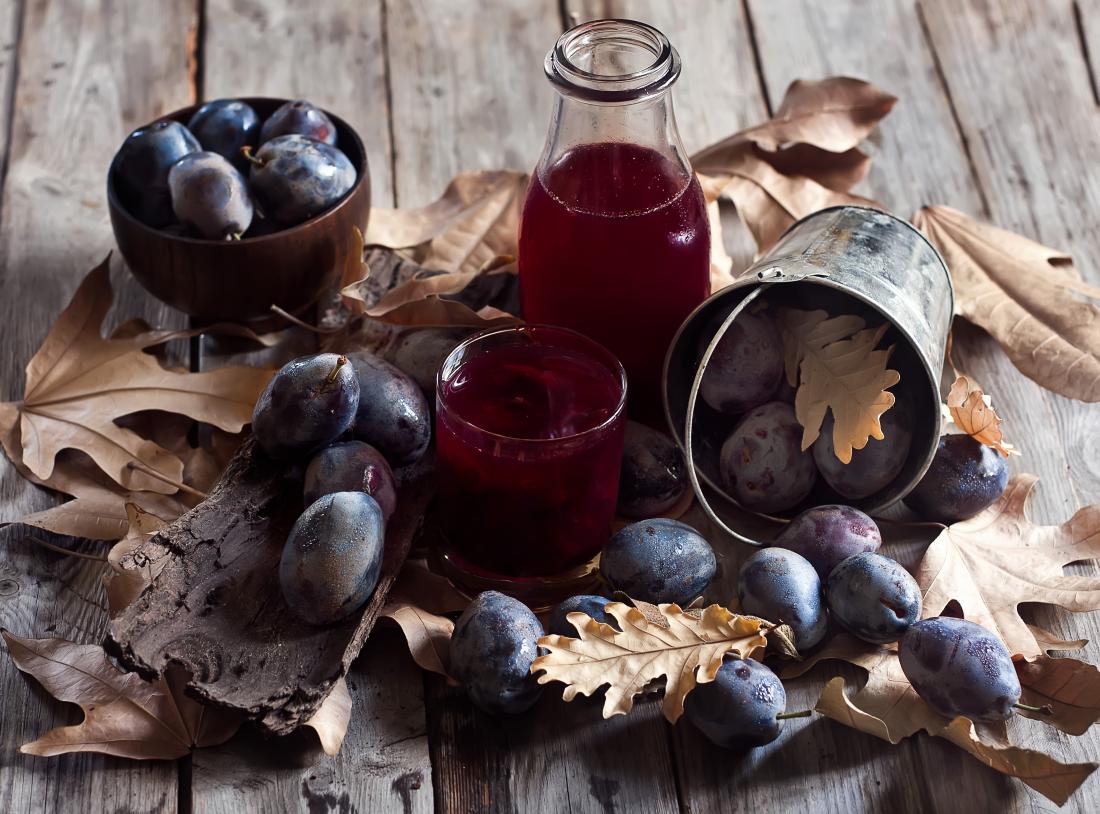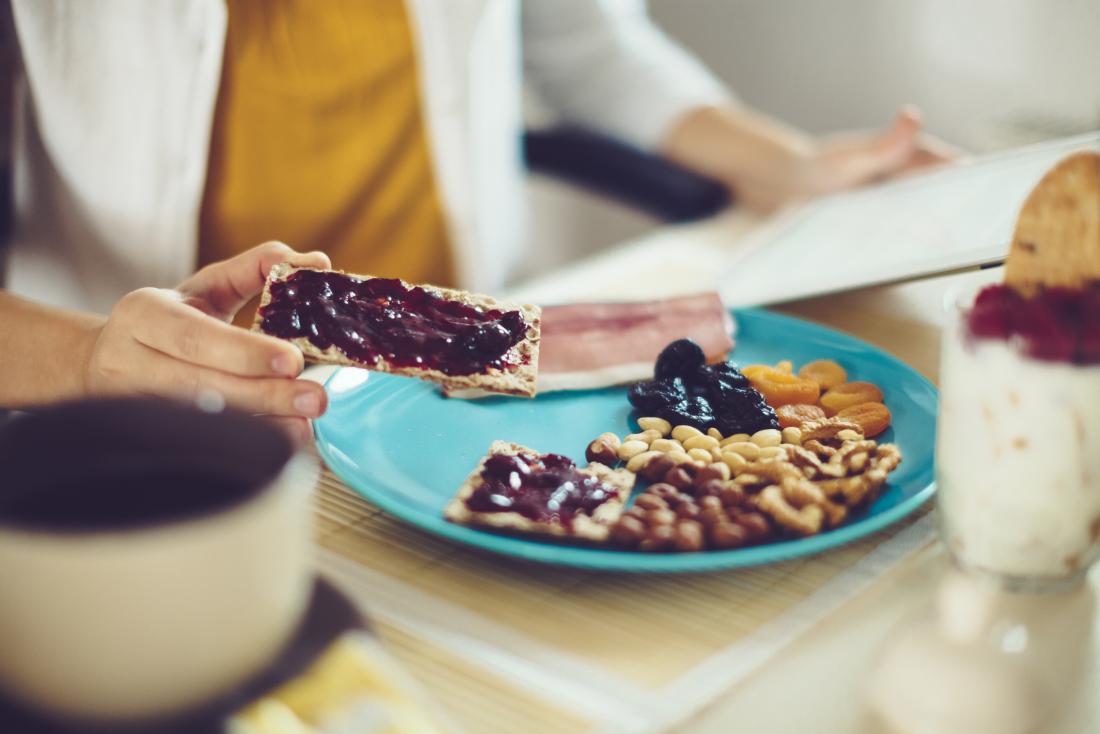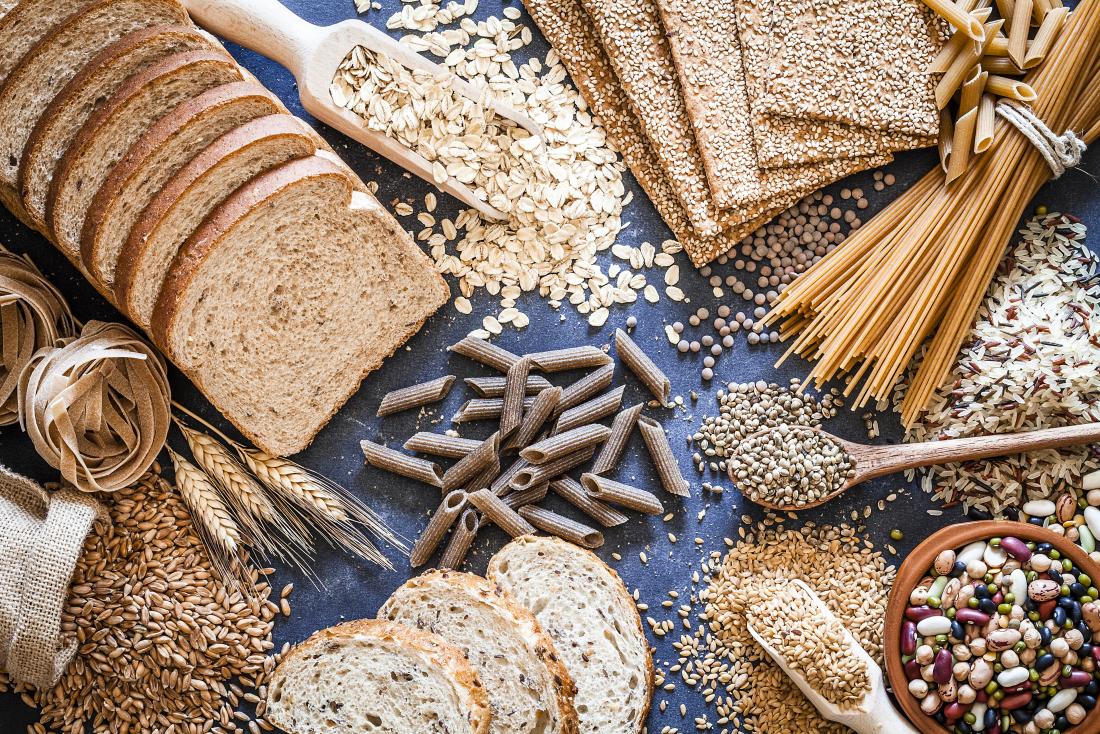Constipation is a common condition that can affect people of any age. According to the National Institute of Diabetes and Digestive and Kidney Diseases, about 16 percent of adults in the United States have symptoms of constipation.
Often, home remedies are the first line of treatment for constipation, particularly occasional constipation, with prune juice being among the most popular alternative treatments.
In this article, we discuss whether prune juice works for treating constipation and how it compares to whole prunes.
We also cover other health benefits of prune juice, how to take it, its side effects and risks, and when to see a doctor.
Does prune juice work?

Drinking prune juice may provide relief from the symptoms of constipation.
Many people report that prune juice provides relief from the symptoms of constipation. However, there is only limited scientific research to support these claims.
A 2014 review suggests that certain fruit juices, such as apple, pear, and prune juice, are generally helpful for constipation, especially in young children.
A review from 2013 looked specifically at the health benefits of prunes and their juice. The researchers noted that the fruit contains significant amounts of sorbitol, which is a sugar alcohol. Prune juice contains 6.1 grams (g) of sorbitol per 100 g of juice, which may explain its laxative effects.
Sorbitol passes through a person’s body undigested. It draws water into the gut to bulk up the stool and stimulate a bowel movement. Research suggests that sorbitol is an effective laxative that is safe to use, even for older adults.
Prunes vs. prune juice
Manufacturers make prune juice from prunes, which are dried plums. Although prune juice appears to offer some benefits for people with constipation, eating whole prunes may be more effective.
Prunes contain more than double the amount of sorbitol than prune juice, at 14.7 g of sorbitol per 100 g of dried fruit. Prunes are also much richer in fiber, which aids the passage of stool through the digestive tract.
A serving of 10 prunes, which equates to about 100 g, contains 7.1 g of fiber. This amount accounts for 28.4 percent of the daily fiber intake of 25 g per 2,000 calories that the Food and Drug Administration (FDA) recommend.
Research suggests that regularly eating prunes can help prevent constipation and may reduce a person’s risk of developing colon cancer. Compounds from prunes may also act as antibacterial agents in the gastrointestinal and urinary tracts.
The authors of a 2014 systematic review concluded that eating prunes may increase the number of bowel movements that a person has and improve the consistency of the stool, making it easier to pass.
According to a 2011 study, eating dried plums may be a safer, tastier, and more effective way to relieve constipation compared with psyllium, which is a fiber supplement that people commonly take as a constipation remedy.
The researchers even suggest that people should consider using prunes as a first-line therapy for mild-to-moderate constipation.
Other benefits of prunes

Regularly consuming prunes can protect against cardiovascular disease.
As well as providing relief from digestive problems, regularly consuming prunes and prune juice may benefit a person’s health in other ways. Studies suggest that prunes may help with the following:
- increasing feelings of fullness to reduce overall food intake
- controlling obesity
- lowering the risk of diabetes
- protecting against cardiovascular disease
- reducing bacterial growth in the urinary tract
- preserving bone strength
Traditionally, people have also used prunes to treat fever and jaundice. However, scientific evidence to support these benefits is lacking.
How to take prune juice
There are no set guidelines on the use of prune juice for constipation. One of the reasons for this is that most of the research on the effects of dried plums has focused on the whole fruits rather than the juice.
In one small study from 2007, participants consumed prune juice daily for 2 weeks. The results of the study suggested that drinking 125 milliliters, or about half a cup, twice a day works as an effective laxative, at least in cases of mild constipation.
When it comes to eating prunes for digestive issues, many studies base their findings on eating 100 g, or approximately 10 whole prunes, each day.
Risks and side effects
Consuming prunes or prune juice is a relatively low-risk remedy for constipation. The most common side effect that people report is an increase in flatulence, or gas.
However, prune juice is also very high in sugar and calories, with each cup of canned juice containing 182 calories and 42.11 g of sugar. Too much sugar can increase the risk of weight gain and blood sugar problems.
The whole fruits are still high in sugar and calories, but research suggests that they have only a small effect on blood sugar and insulin levels.
Other home remedies
A doctor will typically suggest that people with constipation first try making dietary and lifestyle changes. Over-the-counter treatments can also help.
Home remedies for constipation include:
Dietary changes

Eating a high-fiber diet can promote more regular bowel movements.
A high-fiber diet can help stool pass through the digestive tract more quickly and promote more regular bowel movements.
A person can increase their fiber intake by consuming more:
- fruits and vegetables
- whole-grain bread, pasta, rice, and cereals
- nuts and seeds
- legumes, such as beans, peas, and lentils
A person may also wish to consider avoiding foods that can contribute to constipation, such as:
- dairy products
- processed foods
- refined grains, such as white bread and white pasta
Eating small, frequent meals may also help, as regular food intake can stimulate a bowel movement.
Hydration
Staying hydrated can help treat and prevent constipation. Eating a high-fiber diet can also contribute to dehydration.
Although prune juice contributes to fluid intake, it is high in sugar and calories, so it is best for people to consume it in moderation. Individuals should aim to meet most of their fluid needs by drinking water.
It is also advisable to limit or avoid caffeinated drinks, such as coffee, tea, and cola, as they may make dehydration worse.
Exercise
Not getting enough exercise can also contribute to constipation.
The Department of Health and Human Services recommend that adults do at least 150 minutes of moderate-intensity physical activity a week. People can spread this exercise across the week, and it can include a variety of activities, such as brisk walking, cycling, running, and playing sports.
Toilet habits
Never try to delay a bowel movement for longer than necessary. Once a person feels the urge, they should go to the toilet and take their time to pass the stool.
Trying to have a bowel movement at the same time each day may help some people become more regular.
Delaying or rushing bowel movements can make constipation worse.
Probiotic supplements
Probiotics are bacteria and yeast that can help promote better gut health. They may also be an effective natural treatment for constipation.
A 2014 review of 14 scientific studies found that consuming products containing probiotic bacteria, such as Bifidobacterium lactis, can increase the number of weekly bowel movements and soften stools, allowing individuals to pass them more easily.
Many different products contain probiotics, including certain yogurts, supplements, and fermented foods, such as kefir, sauerkraut, and kimchi.
These products are widely available in health stores. A person can also buy a range of probiotic supplements online.
Medications
Some stool softeners or laxatives are available over the counter in pharmacies and health stores. Examples include:
- fiber laxatives, such as methylcellulose (Citrucel) and psyllium (Metamucil)
- lubricant laxatives, such as mineral oil
- magnesium-based laxatives, such as milk of magnesia and magnesium citrate
- stimulant laxatives, including senna compounds (Senokot), bisacodyl (Dulcolax, Correctol), and castor oil
- stool softeners, such as docusate (Colace and Surfak)
When to see a doctor
Everyone’s bowel movement patterns are different. However, people who have fewer than three movements a week may wish to consider consulting a doctor, particularly if stools are hard and difficult to pass.
A doctor may recommend making dietary and lifestyle changes or taking a laxative for a short period. For people with severe or persistent constipation, they may prescribe a stronger medication, such as lubiprostone or linaclotide.
Summary
Constipation is a common problem that can affect a person’s quality of life if they do not get treatment.
Prune juice and prunes may be an effective and low-risk solution for some people, especially those with mild cases of constipation. However, it is best to consume these fruits and their juice in moderation as both are high in sugar and calories.
Other home remedies for constipation include eating more fiber, staying hydrated, exercising more, and taking probiotics. A doctor may also recommend taking a laxative for a short period.
